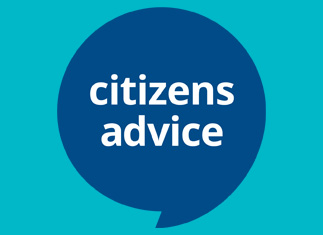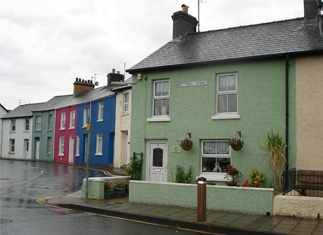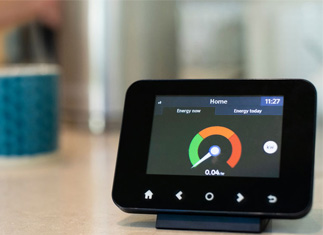NEA
Publications and Resources
Our latest publications are available here.
If you are looking for an older publication and are unable to locate it please contact us at website@nea.org.uk
Filter Events By

Review of the Northern Ireland Sustainable Energy Programme and energy efficiency provision
17th Feb 2020
Based on the 2016 House Condition Survey (HCS), Northern Ireland has a rate of fuel poverty at 22%. It is also estimated that there are approximately 43,800 households in extreme fuel poverty which means they need to spend over 15%…

Keeping Britain Warm and Well: How to help millions of people pay a fair price for their energy
17th Feb 2020
The Warm Home Discount (WHD) scheme currently provides a payment of £140 (inclusive of VAT) towards energy bills, and also contains provisions to carry out projects to help low-income and vulnerable households to better afford their energy bill. The scheme…

NEA response to Citizens Advice Draft Consumer Work Plan 2020-21
17th Jan 2020
Over the last year, NEA has worked alongside Citizens Advice on a number of issues in order to facilitate better outcomes for fuel poor and vulnerable households in the energy market.

NEA response to Ofgem’s Forward Work Programme 2020/22 Consultation
17th Jan 2020
Over the last year, NEA, alongside other consumer groups, worked with Ofgem to secure some key improvements in the treatment of domestic customers. In particular, we worked to ensure that low income and vulnerable customers had adequate protections in gas…

NEA response to The Future Homes Standard: changes to Part L and Part F of the Building Regulations for new dwellings
17th Jan 2020
As we move towards decarbonising the whole economy, a crucial element of reducing emissions are homes. Currently existing homes are improved via the Energy Company Obligation (the only GB wide home energy efficiency programme), the Private Rented Sector Minimum Energy…

NEA NI response to the Consumer Council’s Draft Forward Work Programme for the final year of the Corporate Strategy 2016-2021
17th Jan 2020
NEA Northern Ireland has made some comments around the objectives in the draft Forward Work Programme and believe that the projects identified in the document are the right ones and have no queries regarding same. We have made some suggestions,…

NEA response to Delivering a Smart System: Consultation on a Smart Meter Policy Framework post 2020
18th Nov 2019
NEA has a long-standing interest in smart meters and their roll-out in Great Britain and Northern Ireland, particularly with regard to their impact on vulnerable consumers. NEA believes that smart metering has the potential to provide real benefits for vulnerable…
Climate Change Environment and Rural Affairs Committee: Inquiry into fuel poverty
18th Nov 2019
NEA Cymru welcomes the opportunity to respond to the committees inquiry in to fuel poverty and would like to thank the Committee for focusing on this important issue.

Manifesto for Warmth 2019
01st Nov 2019
Each winter across the UK, on average, at least 11,400 people die due to a cold home. During the “Beast from the East” in the winter 2017/18, people were ten times more likely to die from living in a cold…

Warm and Safe Homes: Vulnerable people first. Impact report 2018-19
02nd Oct 2019
The challenge for most charities is to do remarkable things in testing circumstances. That is certainly true for NEA and the results can be seen in this report.

The Net Zero Litmus Test: Making energy efficiency a public and private infrastructure investment priority
02nd Oct 2019
Decarbonising the UK economy to meet the Government’s world-leading Net Zero greenhouse gas commitment by 2050, represents both an unprecedented challenge and an unrivalled opportunity for innovation and investment. The imperative of net zero emissions, as attested by the latest…

NEA response to Defra’s consultation on reducing personal water use
02nd Oct 2019
NEA has championed the need for the breadth of the energy industry to help fund and facilitate energy efficiency improvements. In particular, we believe obligated energy suppliers must uphold their ECO obligations and when delivering this vital assistance (either themselves…

